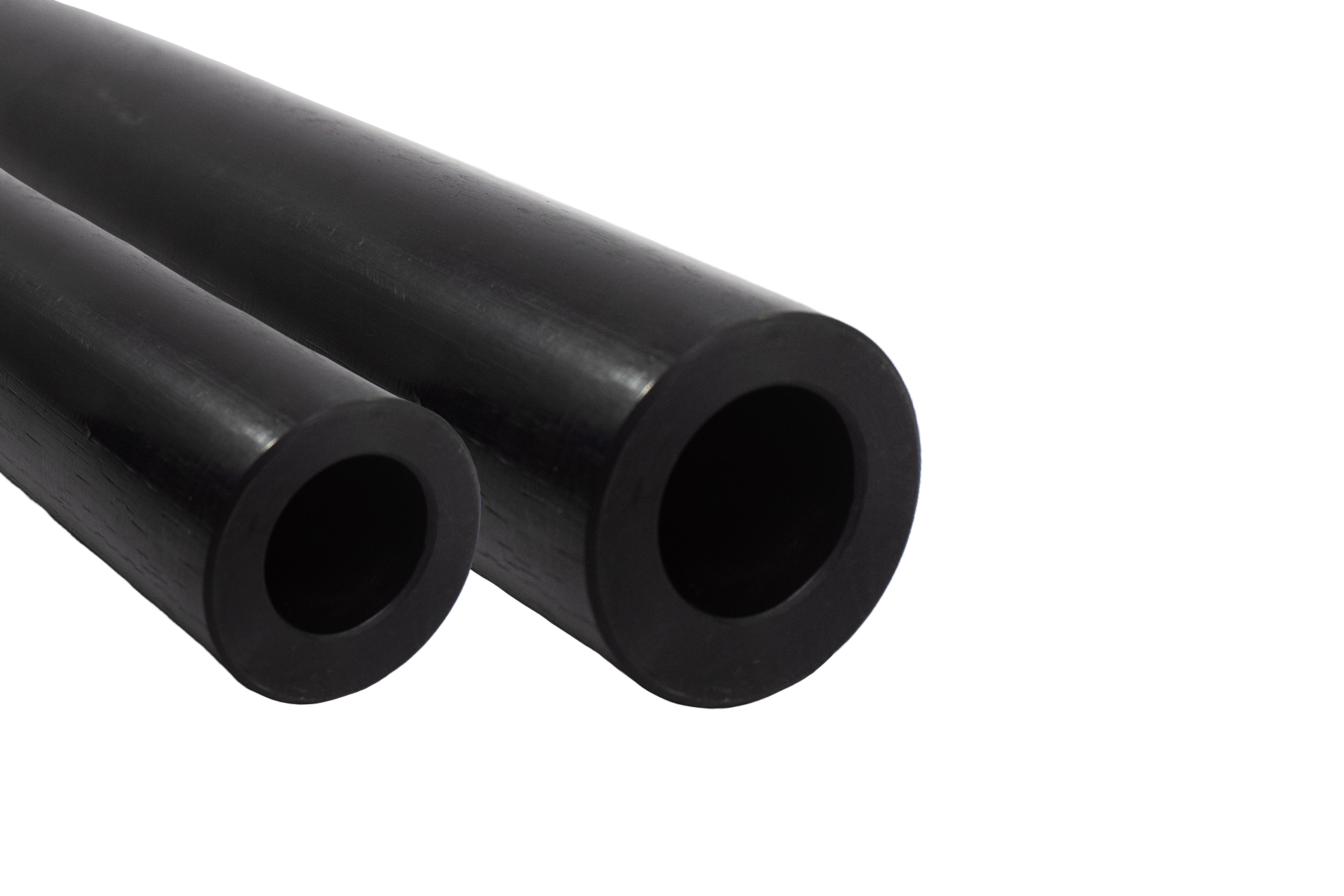
Polymat PEE/PPO
PPE stands for Polyphenylene Ether, a type of engineering thermoplastic. It's also known as PPO or polyphenylene oxide. Polyphenylene Oxide (PPO) is a high-performance thermoplastic known for its excellent dimensional stability, thermal resistance, and electrical insulating properties. It is commonly used in demanding applications across various industries.
Mechanical Properties
- High Tensile Strength: Typically up to 70 MPa, providing robust performance under stress.
- Good Impact Resistance:Capable of withstanding moderate impact forces, though not as high as some advanced polymers.
- Superior Fatigue Resistance: Maintains durability and performance over repeated stress cycles, reducing the risk of material failure.
- Low Coefficient of Friction: Exhibits low friction characteristics, reducing wear in components like gears and bearings.
- High Modulus of Elasticity: Ensures rigidity and stability under load, with a modulus around 3.0 to 4.0 GPa.
- Outstanding Creep Resistance: Resists deformation under constant load, ensuring long-term dimensional stability.
Thermal Properties
- High Continuous Service Temperature: PPO can operate effectively at temperatures up to 150°C (302°F) for extended periods.
- Exceptional Thermal Stability: Remains stable and maintains performance even in high-temperature environments.
- Low Thermal Expansion: Exhibits minimal thermal expansion, ensuring precise dimensional accuracy and stability.
- High Glass Transition Temperature: Around 215°C (419°F), above which PPO remains rigid and maintains its mechanical properties.
- Thermal Insulation Properties: Provides effective insulation against heat, making it suitable for thermal management applications.
- Thermal Oxidative Stability: Resists oxidation and degradation at elevated temperatures, ensuring long-term performance.
Chemical Properties
- Chemical Resistance: PPO is resistant to many chemicals, including acids, bases, and organic solvents, though it may be affected by strong acids.
- Resilience to Corrosive Environments: Performs well in environments with moderate corrosive chemicals.
- Resistance to Hydrolysis: Shows good resistance to moisture and steam, maintaining mechanical properties in humid conditions.
- Non-reactivity: Generally stable with most chemicals, ensuring reliable performance in aggressive environments.
- Durability in High-Temperature Chemical Environments: Maintains chemical resistance at elevated temperatures, providing dependable performance.
- Low Permeability: Has low permeability to gases and liquids, suitable for applications requiring containment.
Application Sectors
Electronics and Electrical
Widely used in electrical insulators, connectors, and housings due to its excellent electrical insulating properties and thermal stability.
Automotive
Applied in automotive components such as electrical connectors and housings, where durability and resistance to high temperatures are crucial.
Industrial Manufacturing
Utilized in industrial parts like gears, bearings, and valve components due to its wear resistance and dimensional stability.
Telecommunications
Employed in telecommunications equipment, including cable insulation and connectors, benefiting from its electrical and thermal performance.
Aerospace
Used in aerospace applications for components requiring high thermal and dimensional stability, though less common than some other high-performance polymers.
Medical
Applied in medical device housings and components, where its stability and resistance to sterilization processes are advantageous.
Energy
Utilized in energy sector applications such as electrical insulators and equipment components due to its high thermal and electrical performance.
Defense and Military
Used in defense applications for components that require high strength and stability in demanding conditions.
Consumer Goods
Found in various consumer products that benefit from its durability, stability, and low friction properties.
Chemical Processing
Employed in chemical processing equipment and components where moderate chemical resistance and high-temperature stability are needed.
Semiconductors
Applied in semiconductor manufacturing and handling equipment, benefiting from its thermal stability and low outgassing characteristics.
Textile and Apparel
Less common in textiles but may be used in specialized applications requiring high performance and durability.